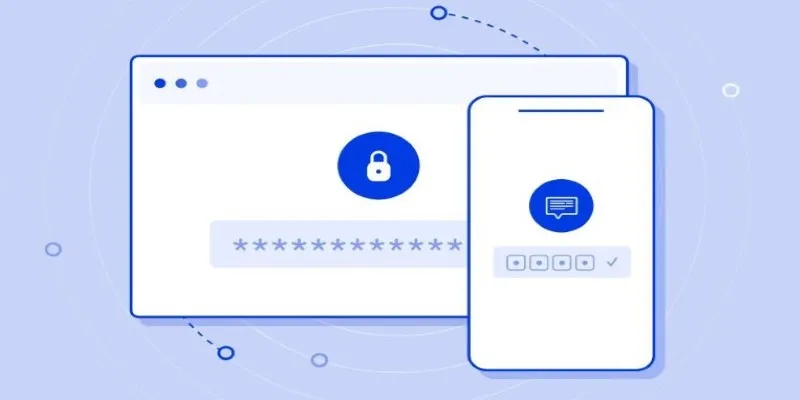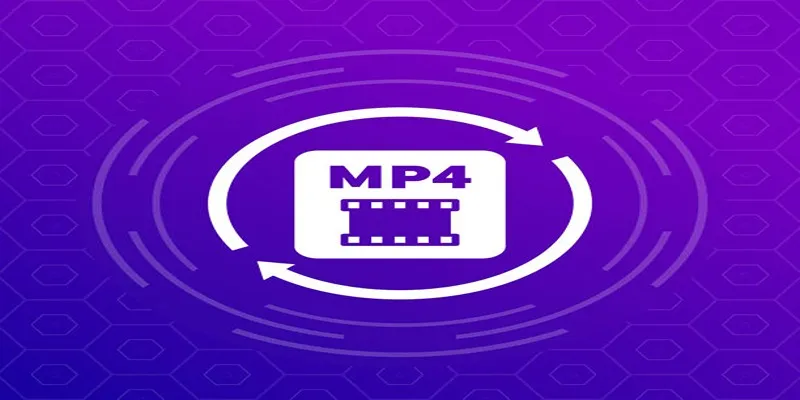What is a Passkey? (And How It Works)
Digital authentication has significantly evolved with the introduction of passkeys, an innovative passwordless system replacing traditional authentication protocols. Leveraging cryptographic technology, passkeys offer secure access to online accounts without requiring password memorization, remaining immune to phishing, hacking, and data breaches. This article delves into the technology behind passkeys and their impact on digital security protocols.
What is a Passkey?

A passkey is a cryptographic credential that functions as an authentication tool, rendering usernames and passwords obsolete during the login process. A user’s passkey comprises two correlated components: one part stored by the service and another stored privately on their device. This method protects login information from being intercepted by malicious actors.
Support for passkeys comes from the FIDO (Fast Identity Online) Alliance, with backing from leading tech companies like Google, Apple, and Microsoft. The authentication process becomes simpler and more secure, as passkeys offer a robust defense against phishing attacks.
How Passkeys Work
Public-key cryptography enables passkeys to deliver secure user authentication. Here’s how the process works:
Key Generation:
During account registration on sites utilizing passkey capabilities, a device generates two cryptographic keys:
- The Private Key is stored securely within your device’s storage system or encrypted cloud systems.
- The Public Key is sent to the website or application to link with your account.
Authentication:
The authentication service sends a randomly generated verification challenge to your device. After you authorize using fingerprint, face recognition, or PIN entry, the device uses the private key to sign the challenge.
Verification:
The system verifies the signed challenge against the public key maintained by the service. If the signature matches, access is granted. If not, authentication fails. This protocol protects your account, as hackers would need both the public and private keys to gain access.
Benefits of Passkeys
- Passkeys offer enhanced security compared to traditional passwords, eliminating phishing risks since users cannot inadvertently share them.
- Private keys are stored directly on user devices, remaining secure from internet transmission and hacking attempts.
- Passkeys facilitate simple biometric verification methods or PIN entry, eliminating the need to memorize passwords.
- They provide cross-platform functionality, working seamlessly between iOS, Android, Windows, and macOS devices.
- Passkeys enable secure synchronization across devices via services like iCloud or Google Account.
Limitations of Passkeys

Despite their advantages, passkeys have some limitations:
Adoption Challenges:
Passkey technology is not yet widely supported by all websites and services, limiting its current usage.
Device Dependency:
Recovering private keys can be challenging if you lose device access, unless cloud syncing is enabled.
Compatibility Issues:
Some outdated browsers and operating systems may not support passkey technology effectively.
Privacy Concerns:
Users must trust their cloud providers to manage passkeys, as the data remains device-contained.
How to Get Started with Passkeys
To start using passkeys:
- Ensure your device runs on iOS 16 or later, Android 9 or later, or Windows 11 for compatibility.
- Activate facial recognition, fingerprint scanning, or set up a personal access PIN.
- Create a new account on a passkey-enabled website or application.
- Generate your passkey during the initial account registration process.
- Use services like iCloud Keychain or Google Account for automatic cross-device passkey synchronization.
Future of Passkeys
As more platforms adopt passkeys, they are poised to replace traditional login methods. The global push for password reduction and enhanced cybersecurity through phishing and breach prevention supports this technology. With companies like Google and Apple leading the change, the rapid adoption of passkeys is imminent.
Impact on Cybersecurity
The shift to passkeys is part of a broader initiative to enhance online security. Traditional passwords have consistently demonstrated weaknesses, being vulnerable to phishing and brute-force attacks. Passkeys offer secure authentication, addressing the security and convenience issues of traditional passwords.
By providing unique cryptographic keys for each service, passkeys reduce the risk of repeated password usage across sites, minimizing damage in case of a breach.
Comparison with Other Authentication Methods
Passkeys are often compared to other passwordless systems like biometric authentication and authenticator apps. Here’s how they compare:
While biometric systems offer strong security, they are susceptible to spoofing. Passkeys, combining cryptographic security with biometric authentication, provide superior protection.
Authenticator apps generate temporary passwords that users manually enter. Passkeys eliminate this step, offering greater convenience and enhanced phishing resistance.
Technical Implementation
Device makers and service providers must support passkey implementations. Key technical requirements include:
- Devices need functionality to generate and securely store keys. Modern smartphones and computers meet these specifications.
- Websites and mobile applications should incorporate FIDO-compliant passkey systems for secure key storage and signature verification.
- Cloud services offering device-to-device key access must ensure private key protection through secure cloud storage methods.
Privacy and Security Considerations
While passkeys enhance security, they may raise privacy concerns due to their nature. Biometric data stored on personal devices remains secure, but users must trust manufacturers and cloud providers to protect this sensitive information appropriately.
Keys stored in cloud systems face potential risks during provider breaches. Reputable providers rely on robust encryption and security protocols to mitigate these risks.
Conclusion
Passkeys represent an advanced alternative to passwords, offering both safety and convenience in digital authentication systems. Their adoption by technology leaders is expected to reduce phishing attacks and data breaches significantly. Research suggests that passkeys have the potential to transform digital identity protection methods, despite existing challenges.
Related Articles

The 12 Best Digital Marketing Tools in 2025 to Amplify Your Strategy

Discover the Best AI Art Generators of 2025

The Best DocuSign Alternatives in 2025 for Simple, Secure E-Signatures

Securing Access: The Simple Power of OAuth and 2FA
Popular Articles

Excel or Smartsheet: Which is the Better Option for Project Management?

Base64 Encoding and Decoding Made Easy with Free Online Tools

Comparing Airtable and Asana in 2025: Which Tool Should You Choose

Choosing the Right App: Web or Desktop

Fathom vs. Fireflies: A Comprehensive Comparison of the Best AI Note Takers

Easy Ways to Loop MP4 Videos Without Installing a Video Editor

No Account? No Problem! 10 Sites to Watch Free Movies Instantly

Easy Steps to Convert MP4 for Use in Windows Movie Maker

A Guide to Putting Two Videos Side by Side in Adobe Premiere Pro

Best Tools for Converting MPEG to iPhone Format Easily

 mww2
mww2